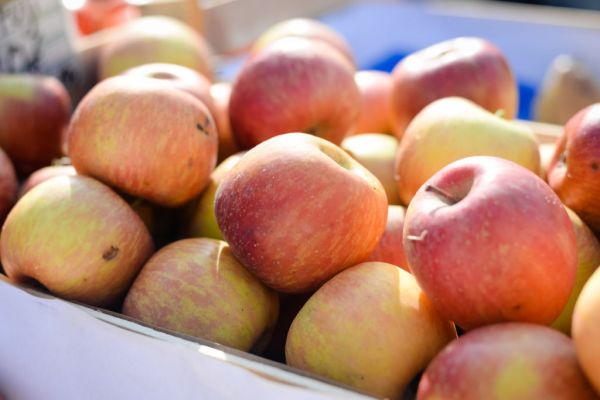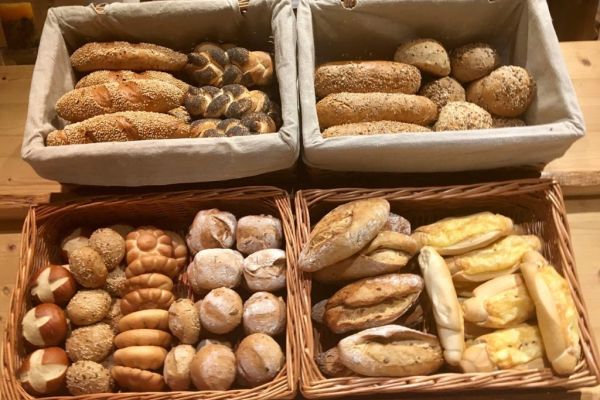Britain’s decision to leave the European Union is costing Kenyan fresh-produce exporters 8 million shillings ($79,000) a day because of the pound’s slump against the dollar, the head of the industry association said.
The British currency has weakened 12 percent against the dollar since June 23, when the country voted to end its membership of the trading bloc, known as Brexit. That’s hurting Kenyan shippers of fruit, vegetables and flowers to the U.K., Fresh Produce Exporters Association of Kenya Chairman Dipesh Devraj said.
“Our biggest customers are in the U.K.,” accounting for more than half of Kenya’s fresh-produce exports, Devraj said in the capital, Nairobi. “We pay for freight in U.S. dollars and receive payments in pounds. This makes the equation instantly bad.”
Kenyan farmers shipped produce such as rose stems, green beans and mangoes worth 90.4 billion shillings globally in 2015, an 8 percent increase from the previous year, according to the Kenya National Bureau of Statistics. Together with tea, fresh-produce exports generate the bulk of foreign-exchange earnings in East Africa’s biggest economy.
Horticulture exporters in Kenya must prepare for a slump in business because of Brexit, as the U.K. is one of Kenya’s biggest trading partners, according to Grant Thornton Kenya. That may bring pressure to bear on the Kenyan shilling, it said in a June 24 report. The currency has gained 1 percent against the dollar so far this year.
Kenya’s tea industry may fare better from the Brexit decision, according to the East African Tea Trading Association. Exporters in the world’s biggest black-tea exporting nation may be able to take away market share from the U.K., which re-exports to European nations, by setting up direct trading links, Managing Director Edward Mudibo said.
The U.K. imports 65,460 metric tons of tea a year from Kenya, about half of the total it buys from overseas markets, according to data from the London-based International Tea Committee. Blenders in the U.K. repackage the leaves with tea from other destinations and re-export 17 percent of it to European countries including Germany, Spain, the Netherlands and France, Mudibo said.
“The export members of EATTA will need to be more aggressive in reaching out to some of these potential markets for enhanced direct trading arrangements and to increase our portfolio,” Mudibo said by phone from the Kenyan port city of Mombasa, where traders congregate weekly to buy and sell leaves at the world’s biggest tea auction.
Tea exports earned Kenya $1.23 billion last year. The crop is mainly grown by 560,000 small-scale farmers who supplied 399,000 tons of tea last year, according to the country’s statistics office. While Kenya ships the most black tea globally, it is the world’s third-biggest producer after China and Sri Lanka.
Kenyan tea farmers’ earnings will probably be unscathed by the pound’s depreciation that’s followed Britain’s so-called Brexit decision to leave the EU. The commodity has been traded in dollars since the 1990s, when the weekly sale was moved to Mombasa from London.
News by Bloomberg, edited by ESM. To subscribe to ESM: The European Supermarket Magazine, click here.














